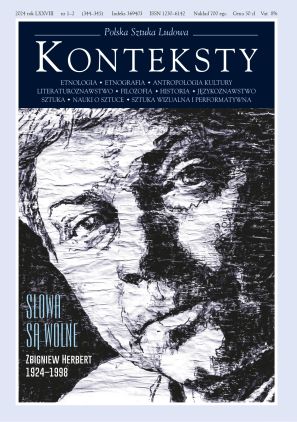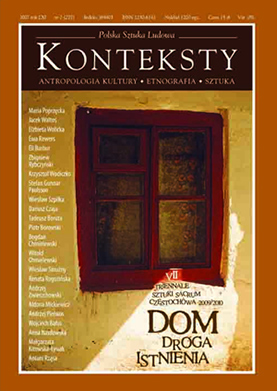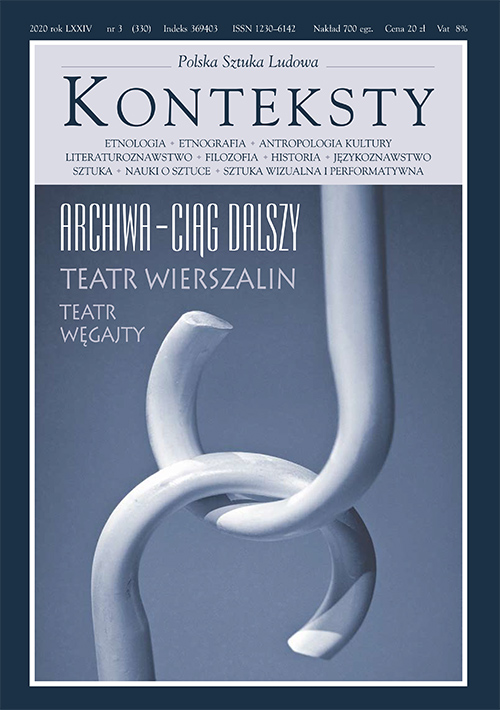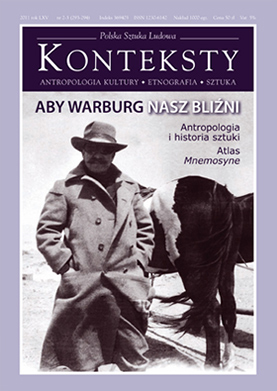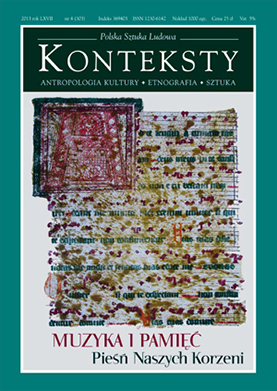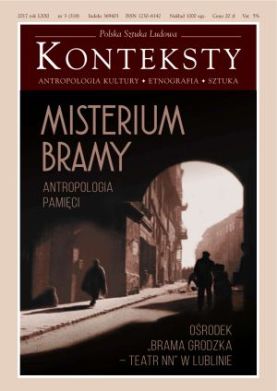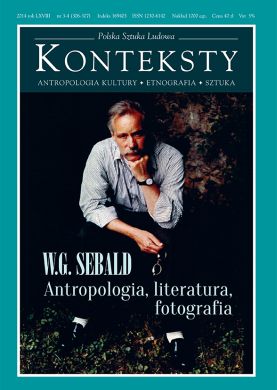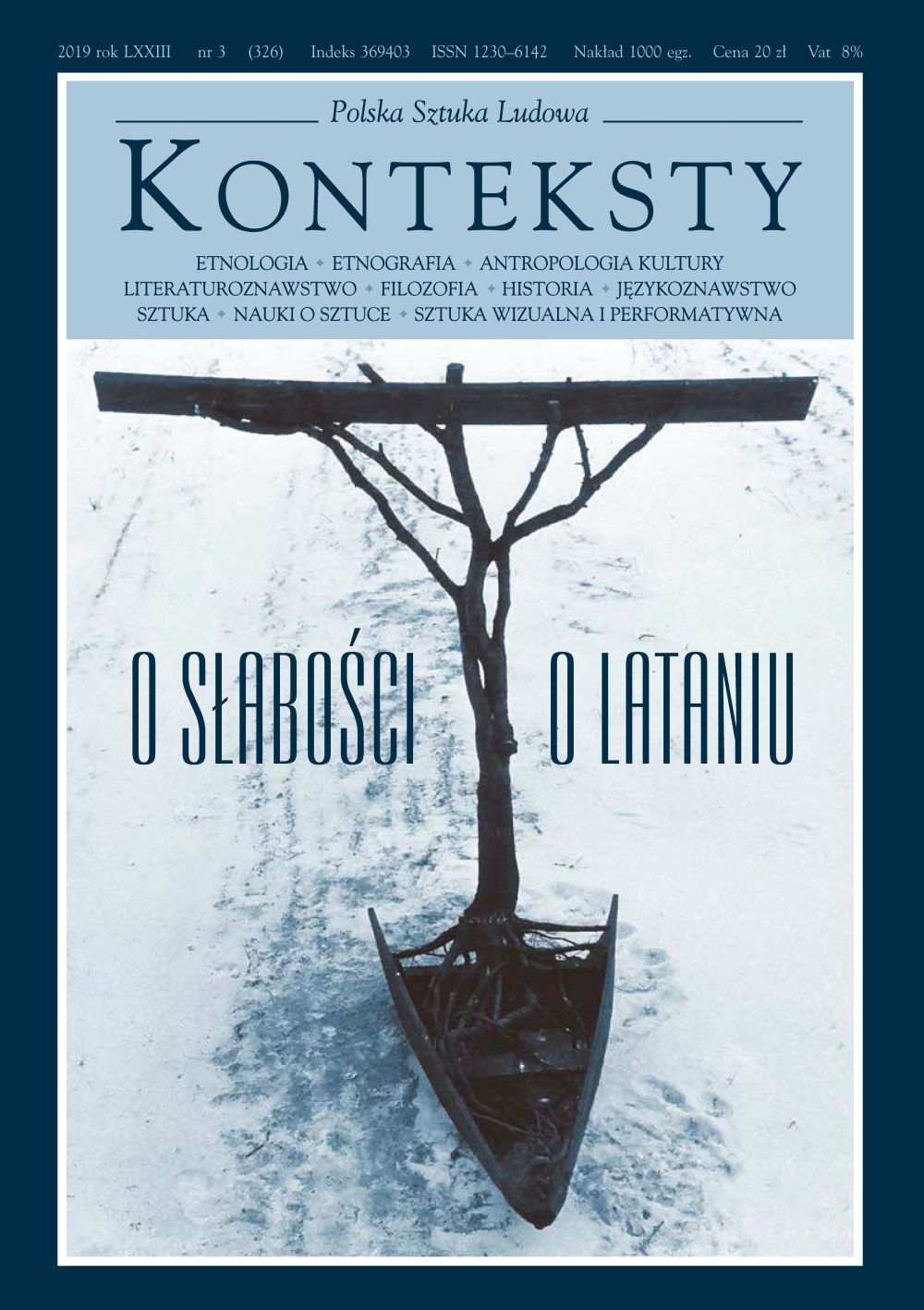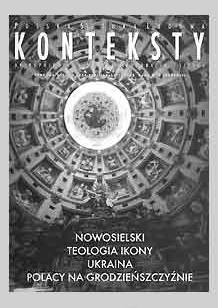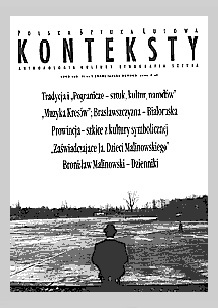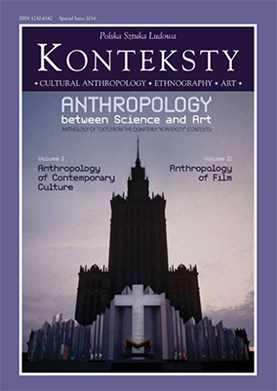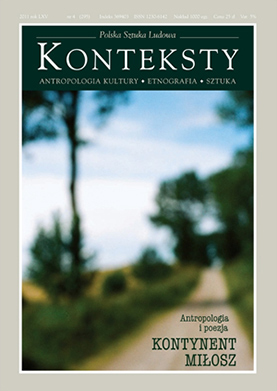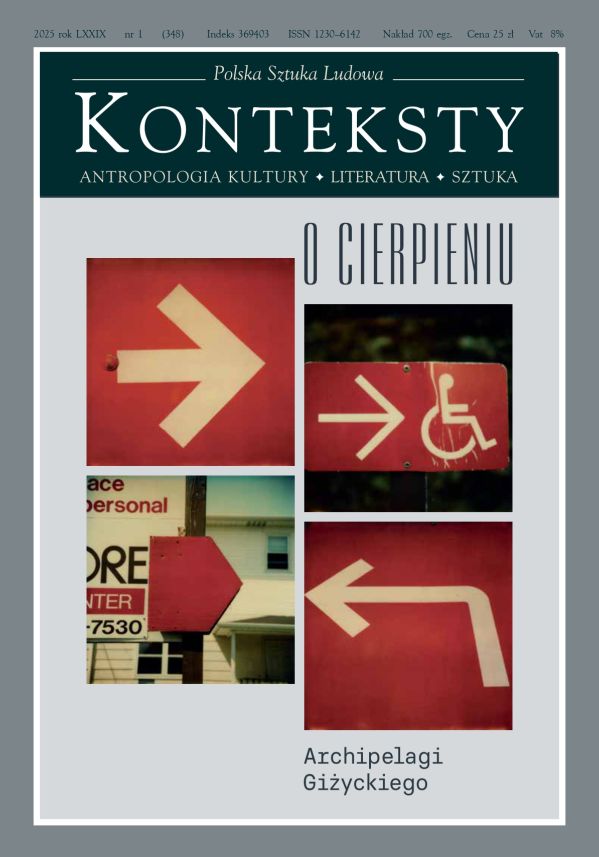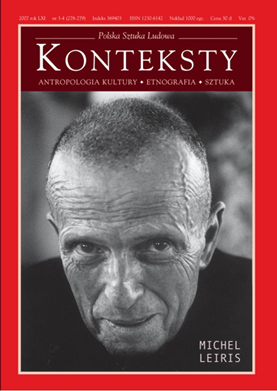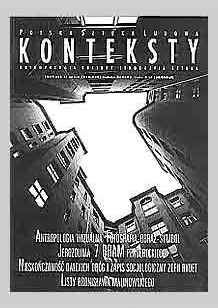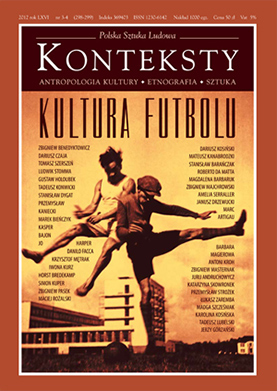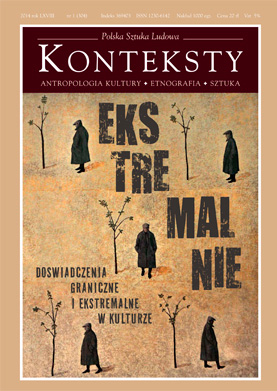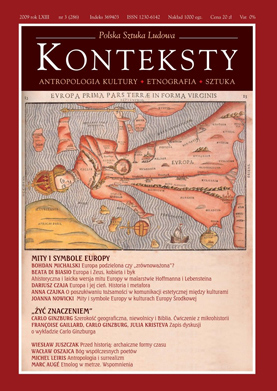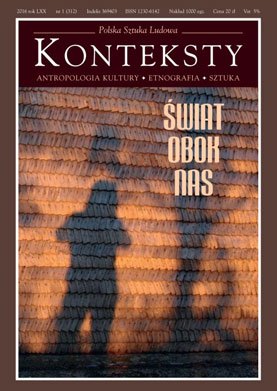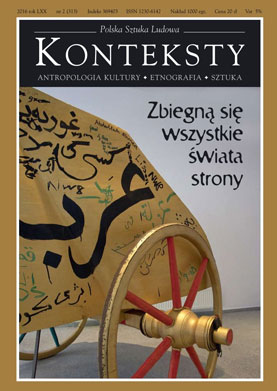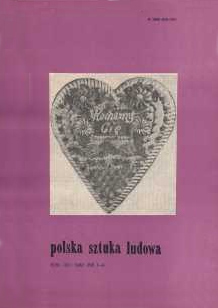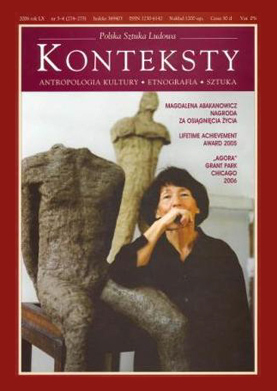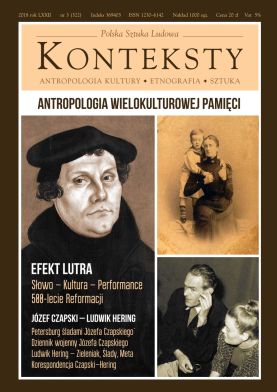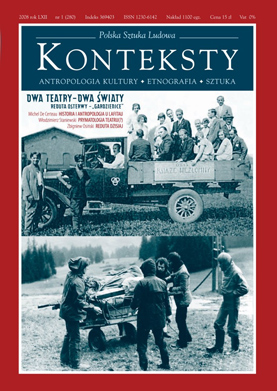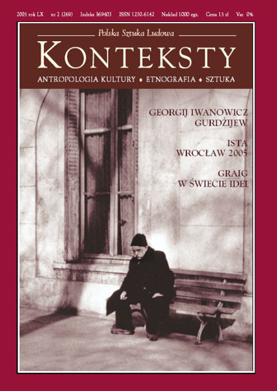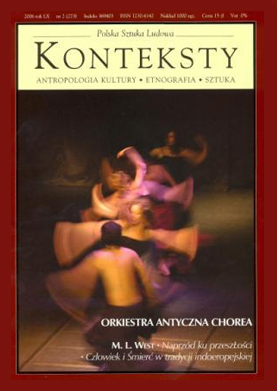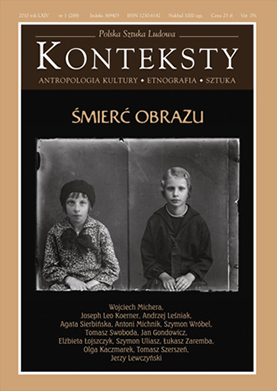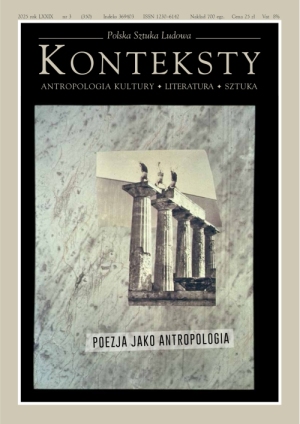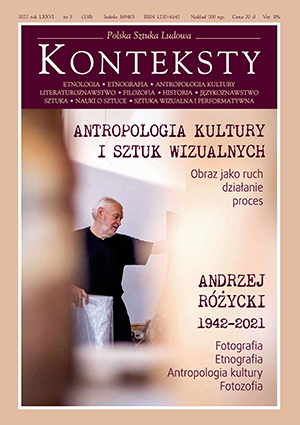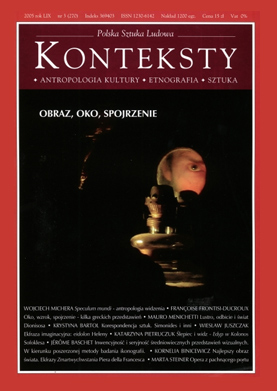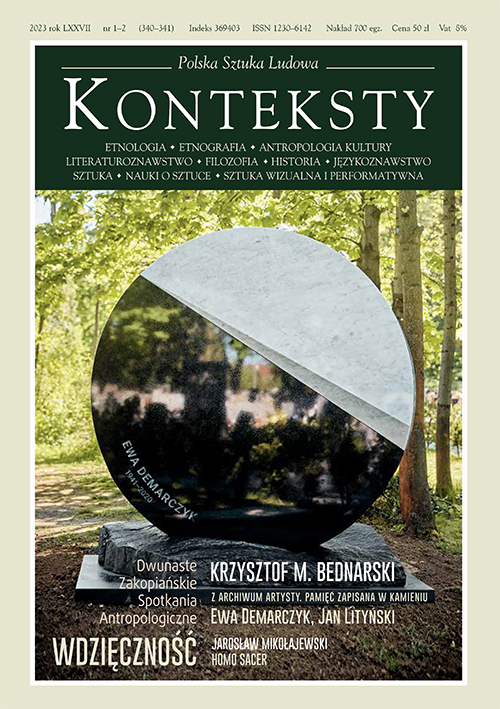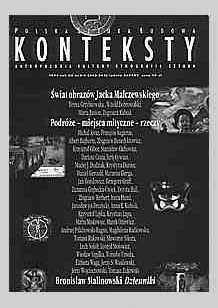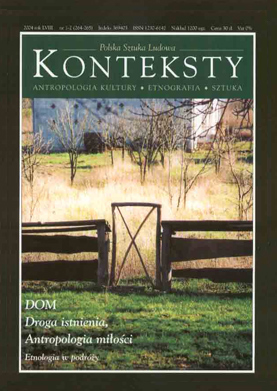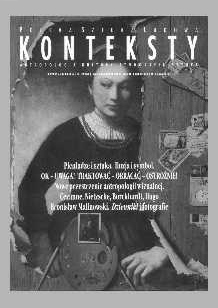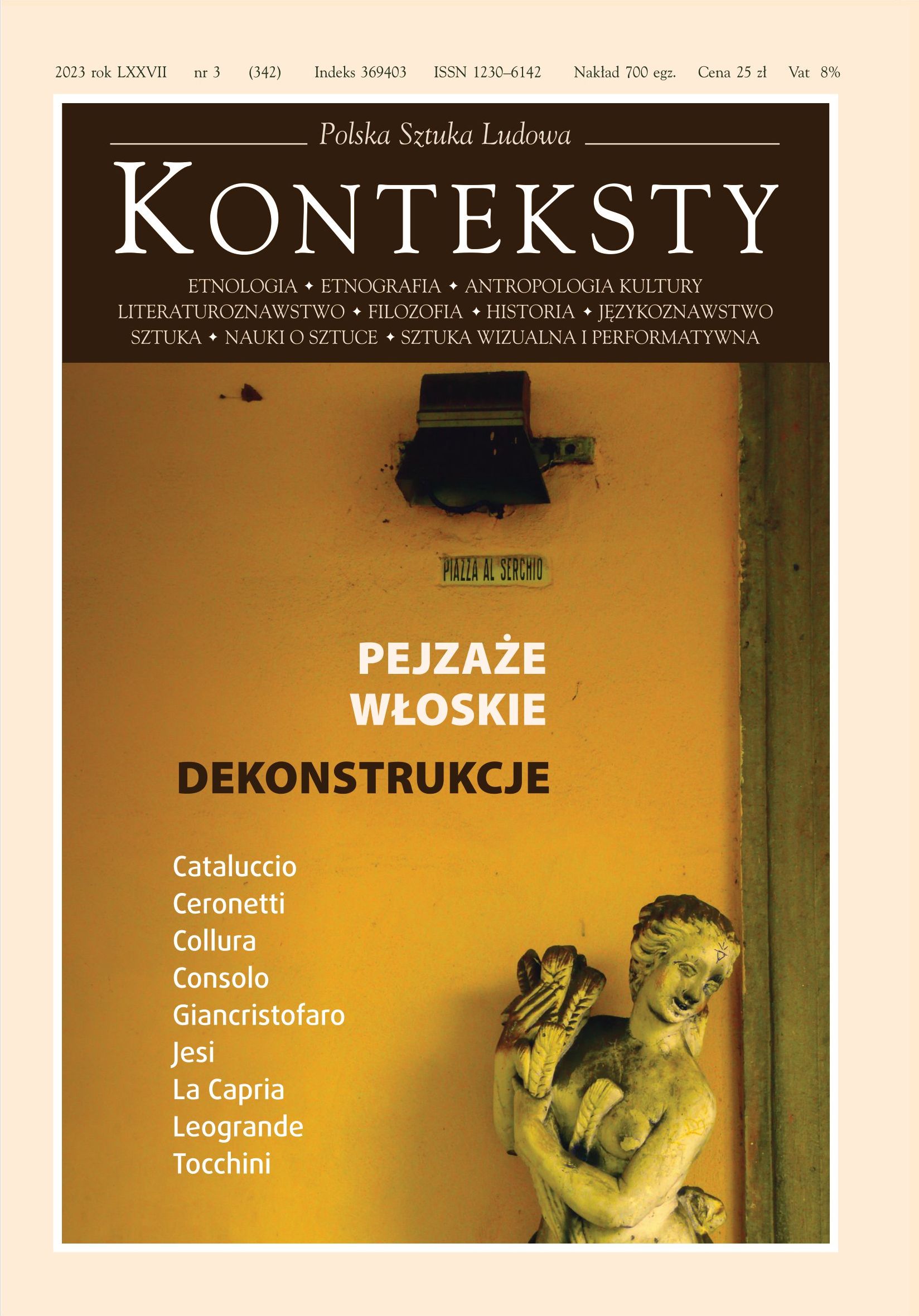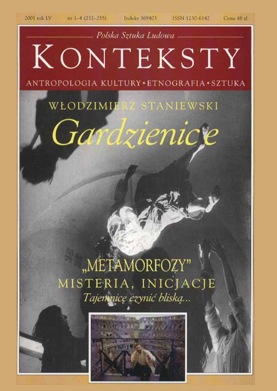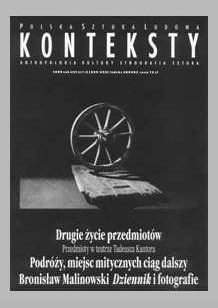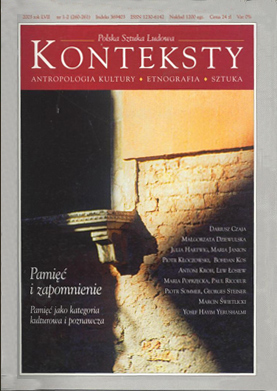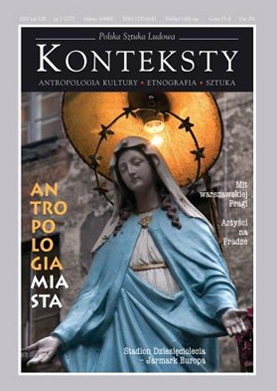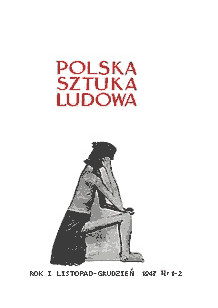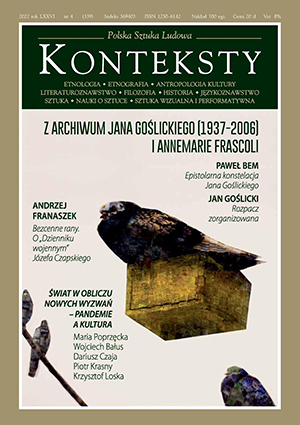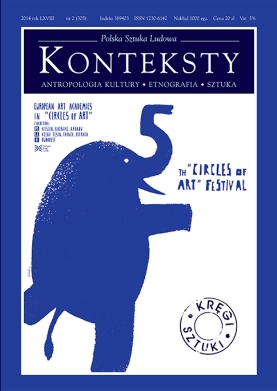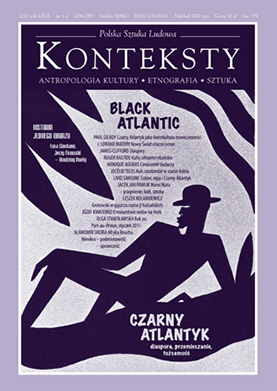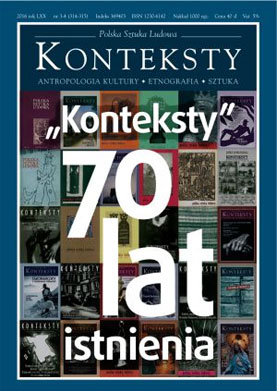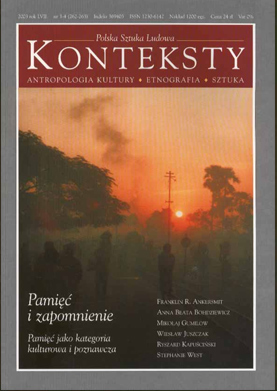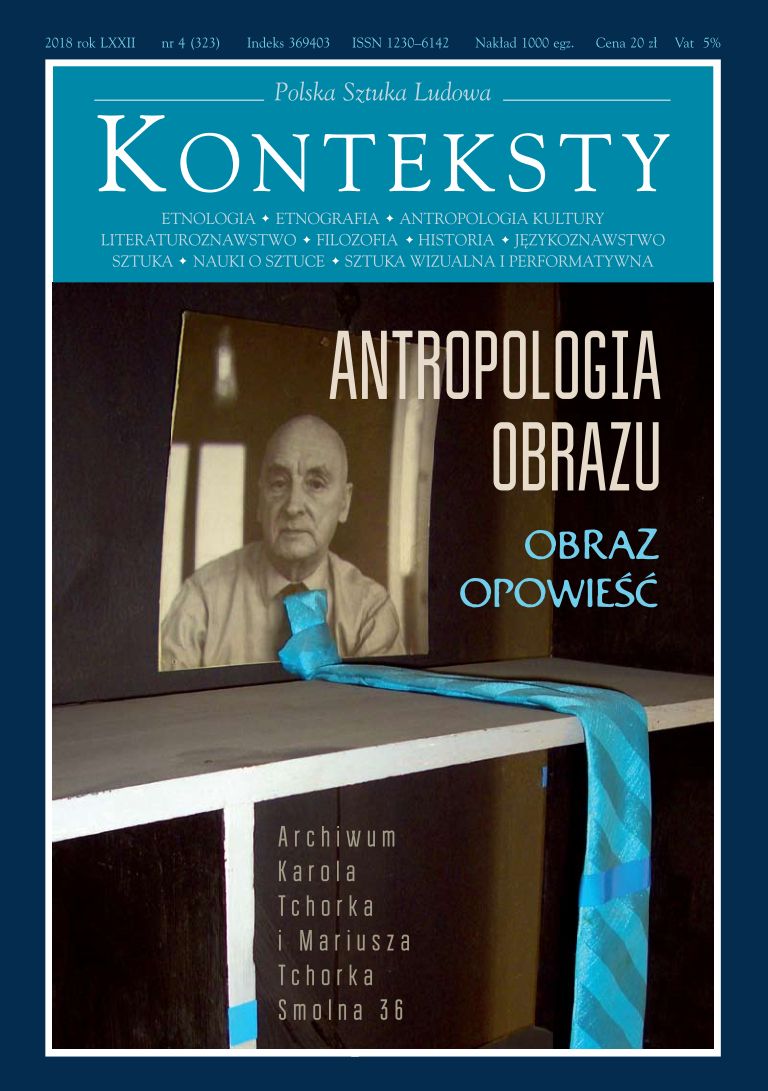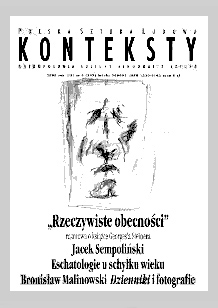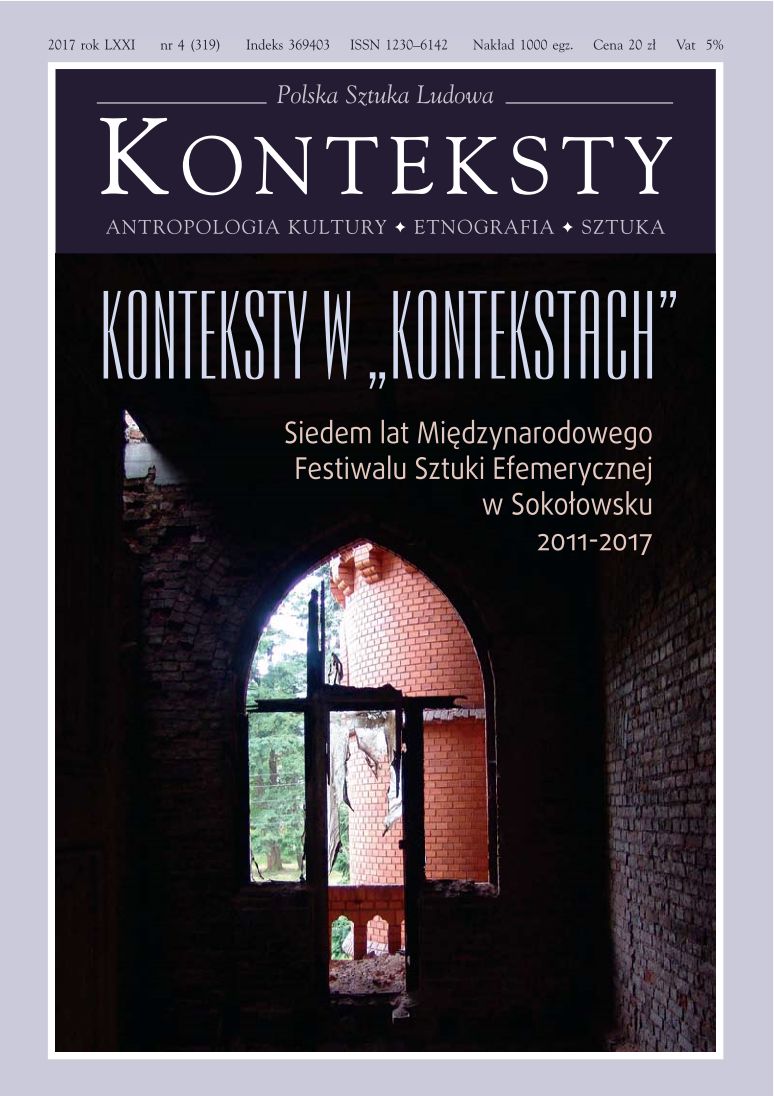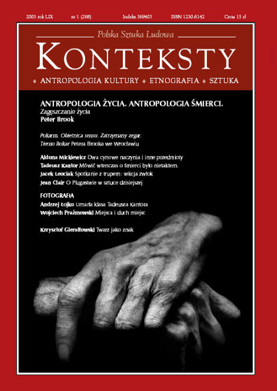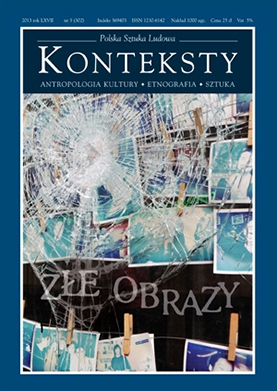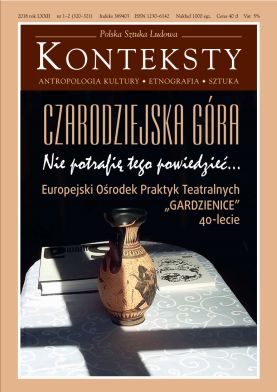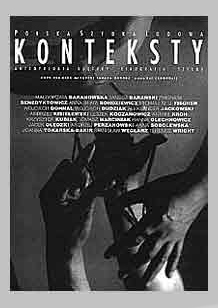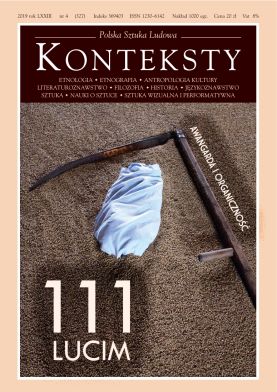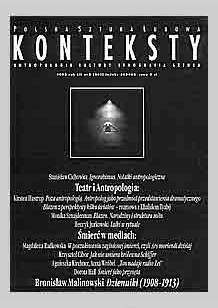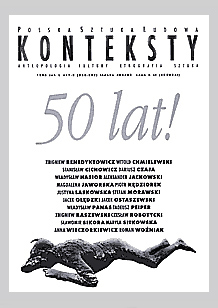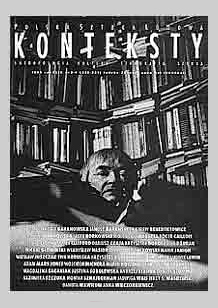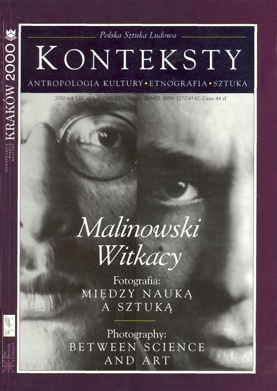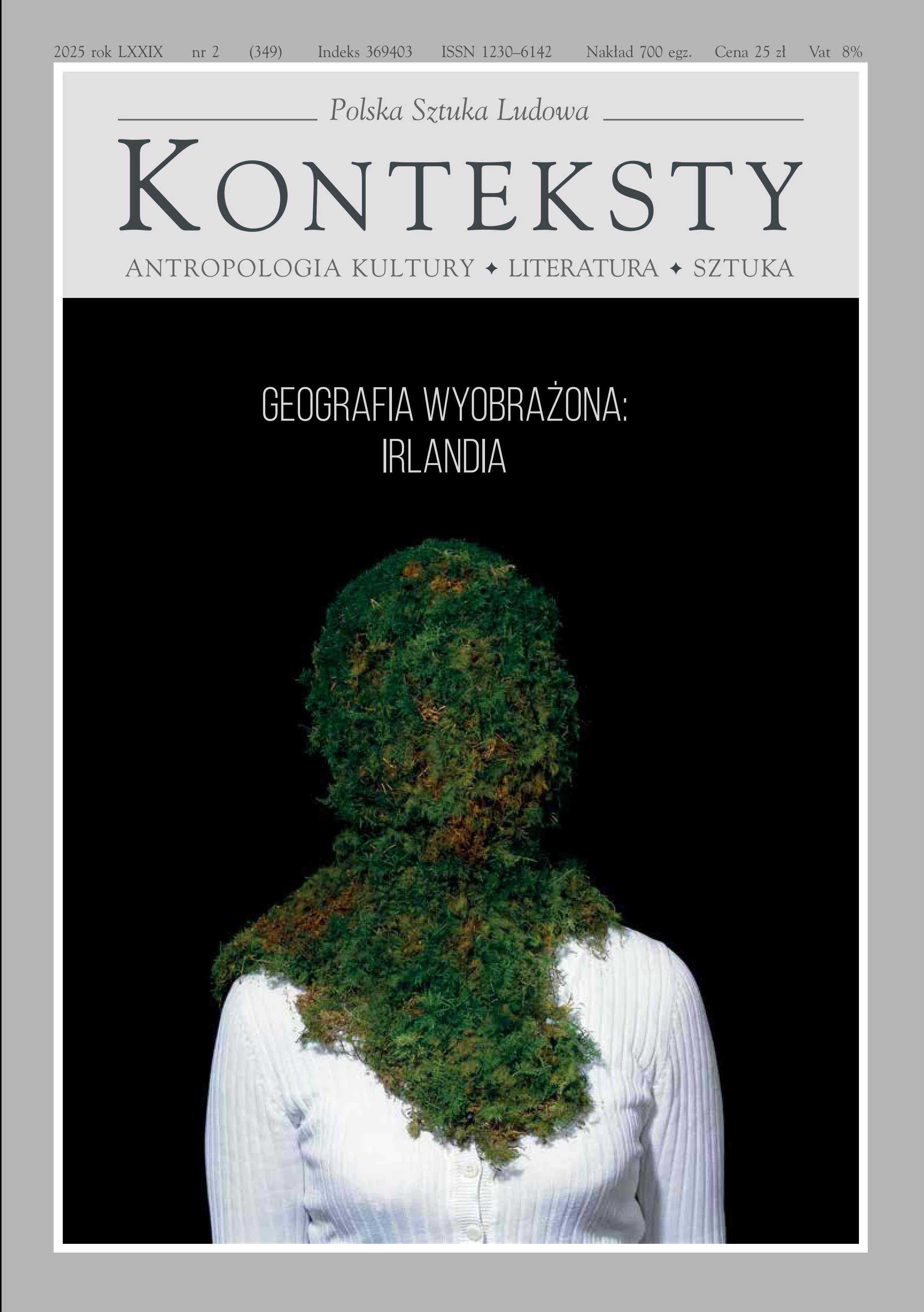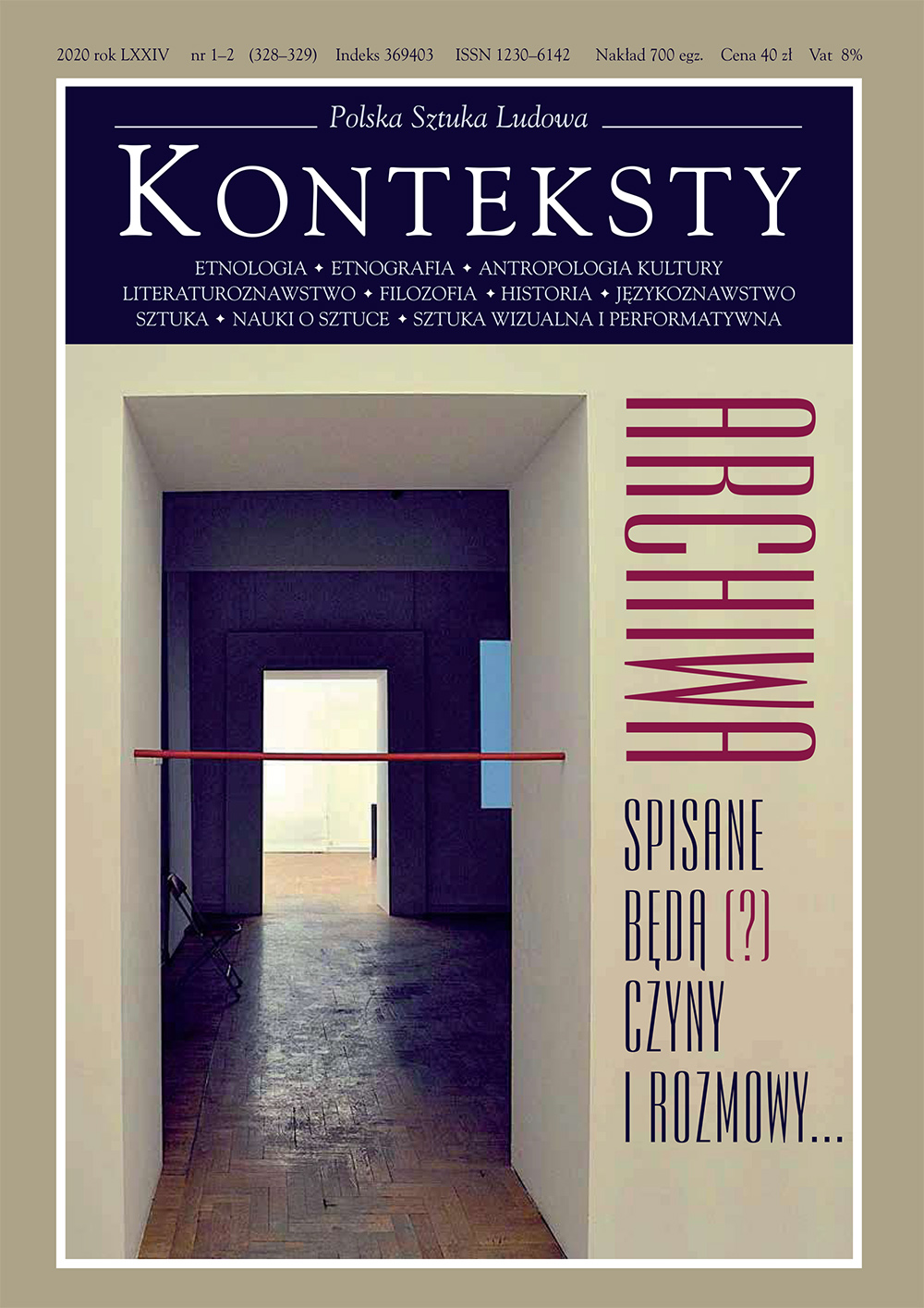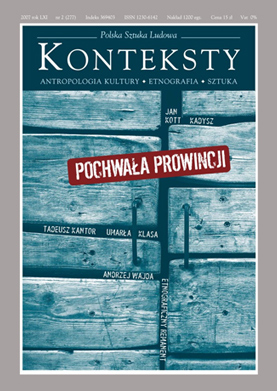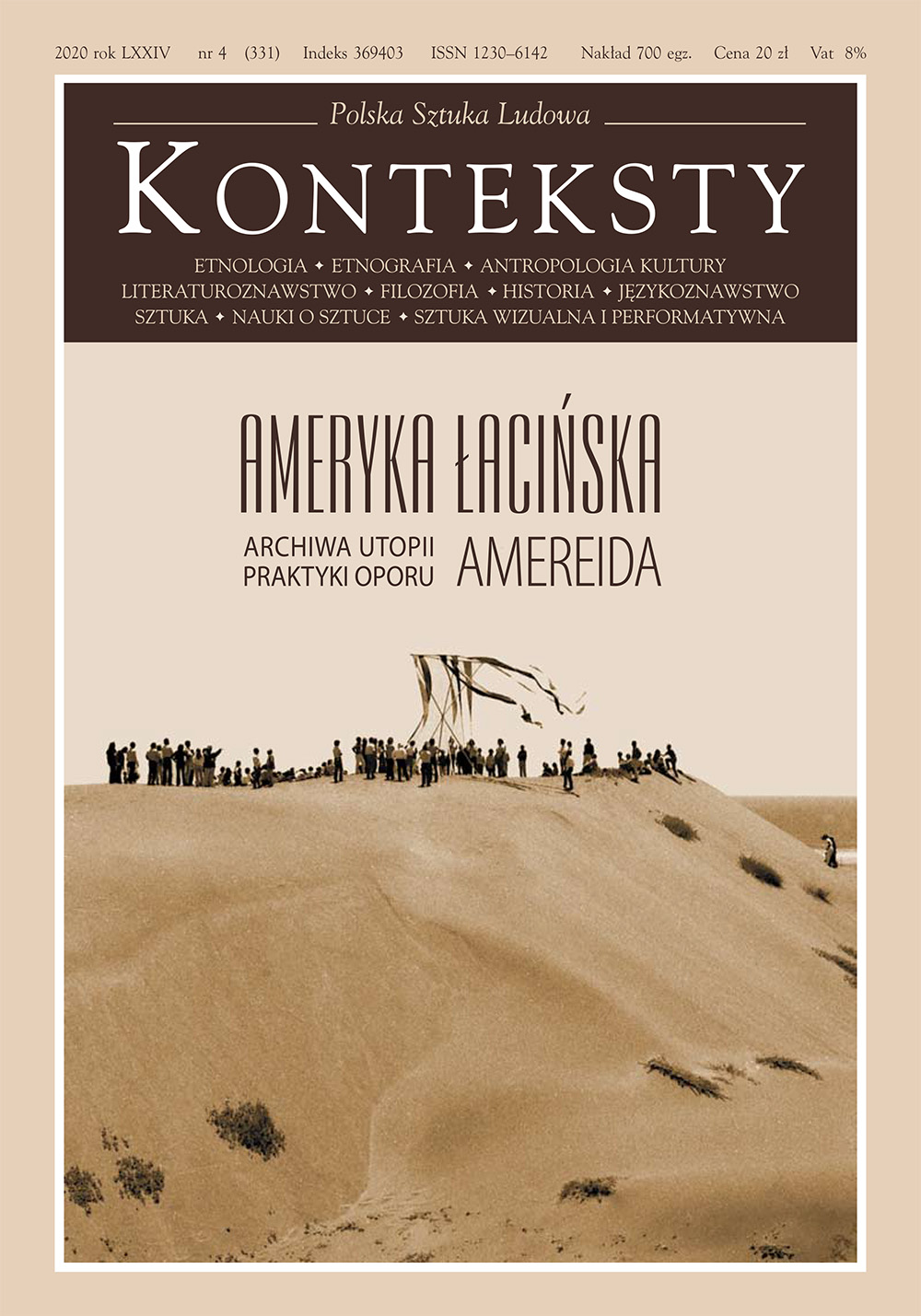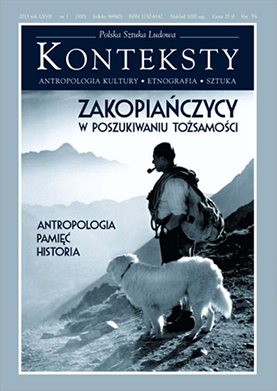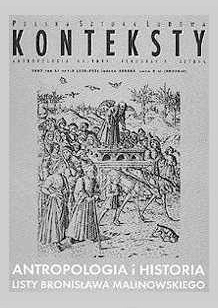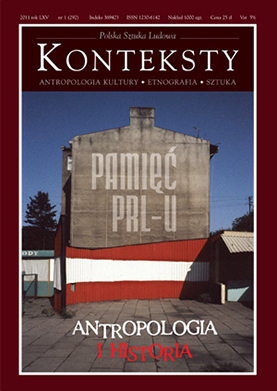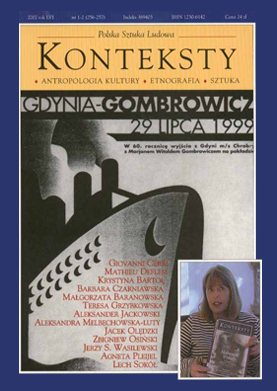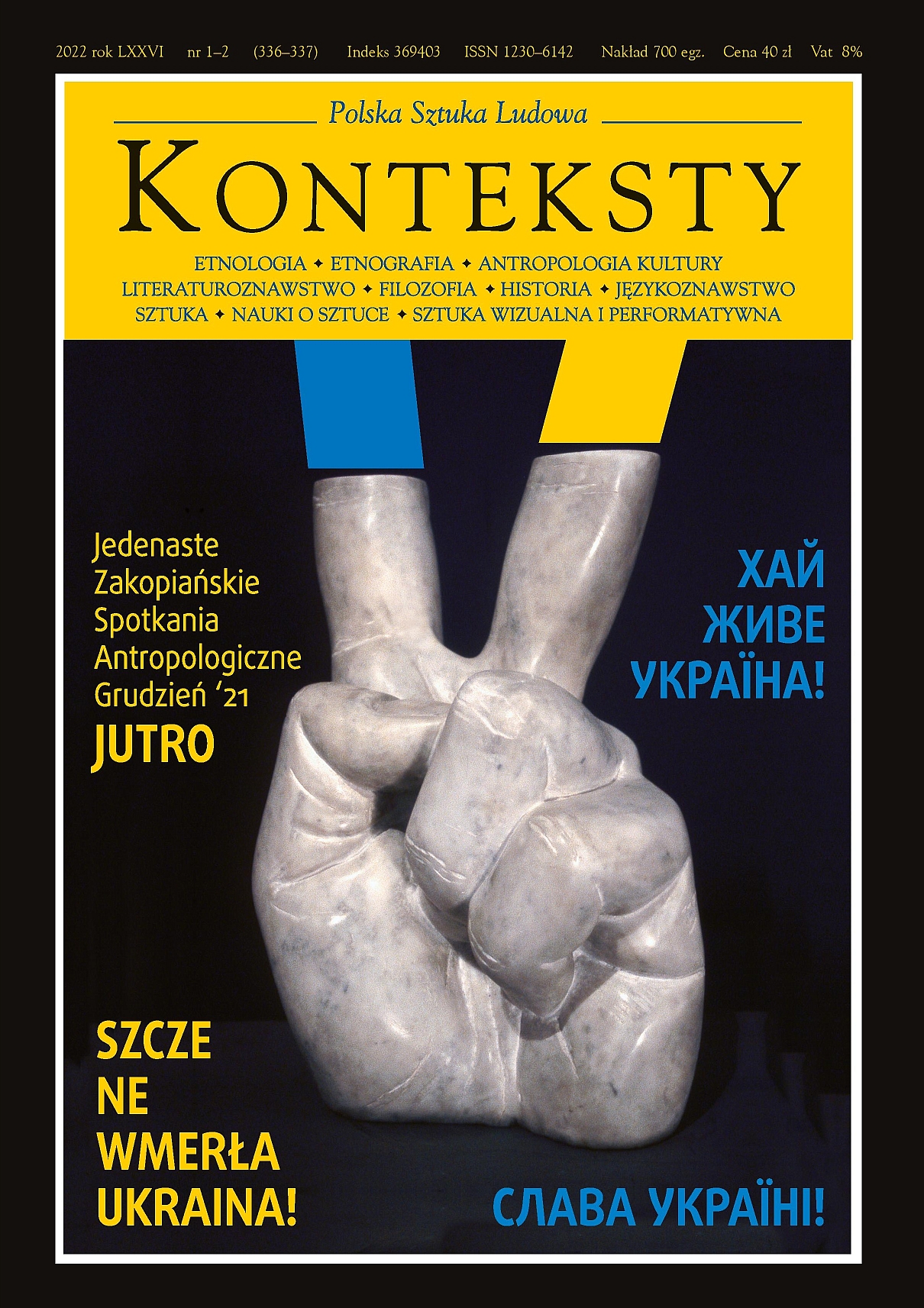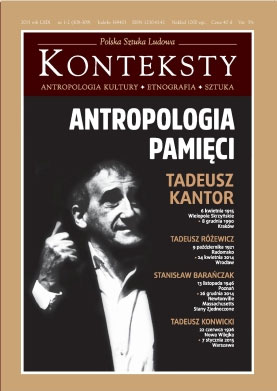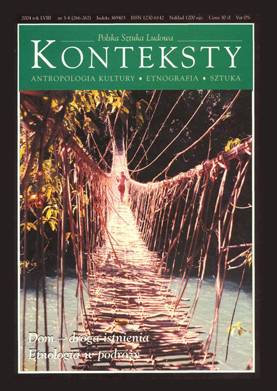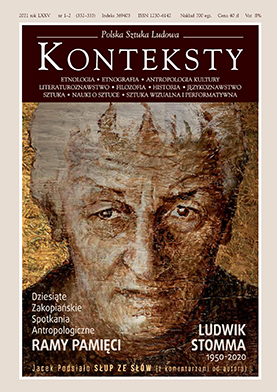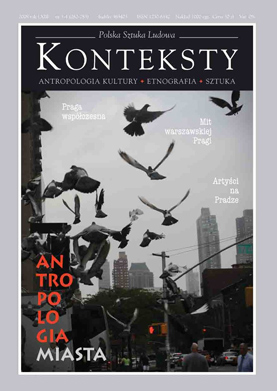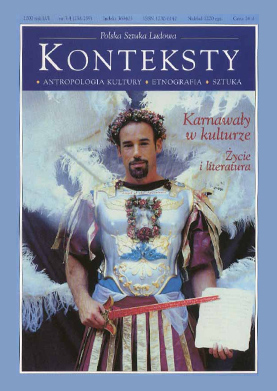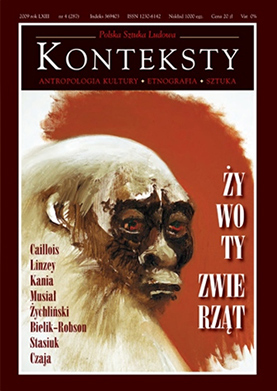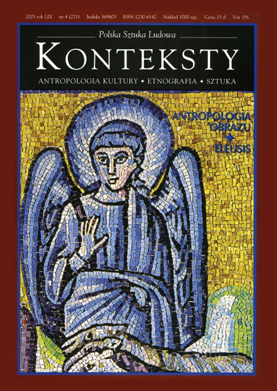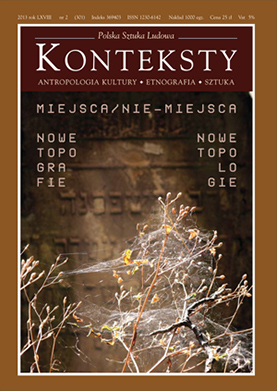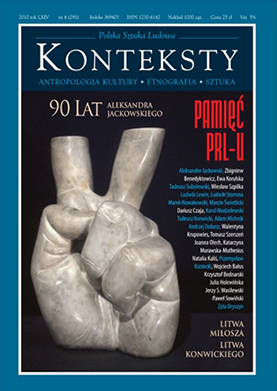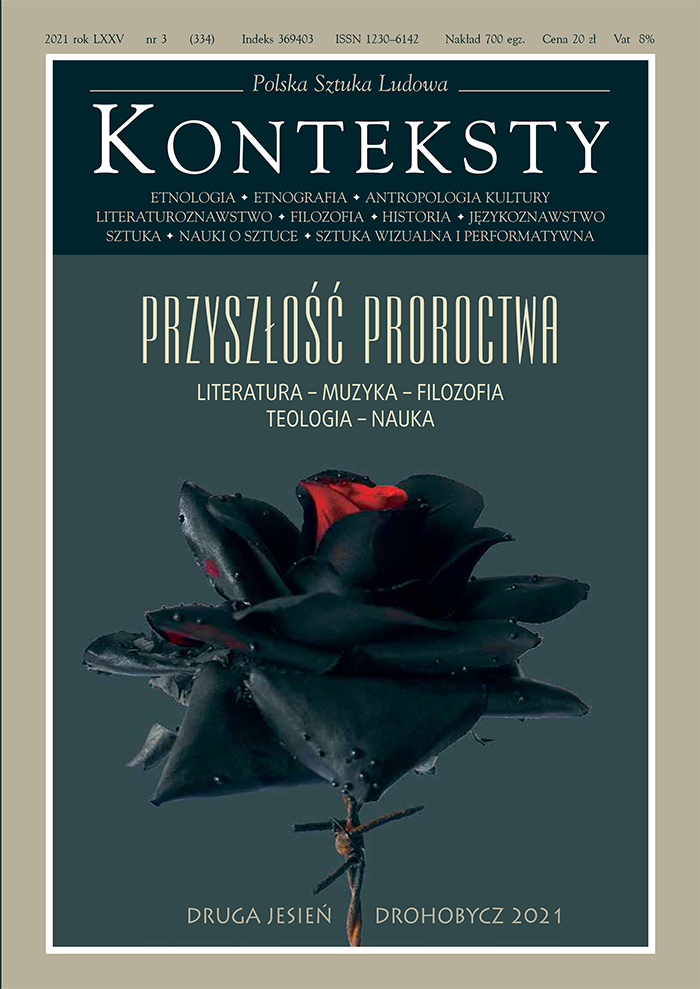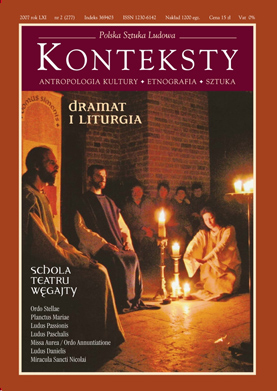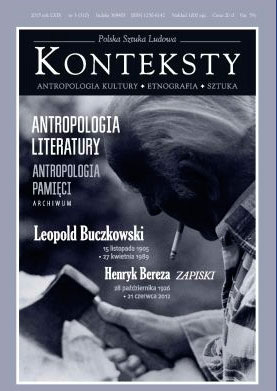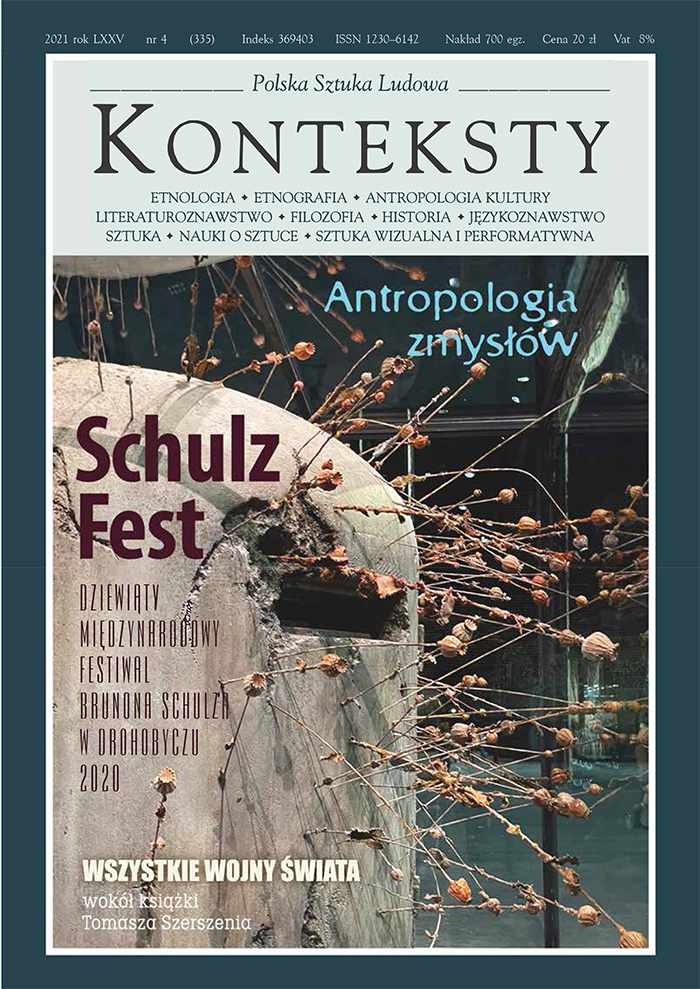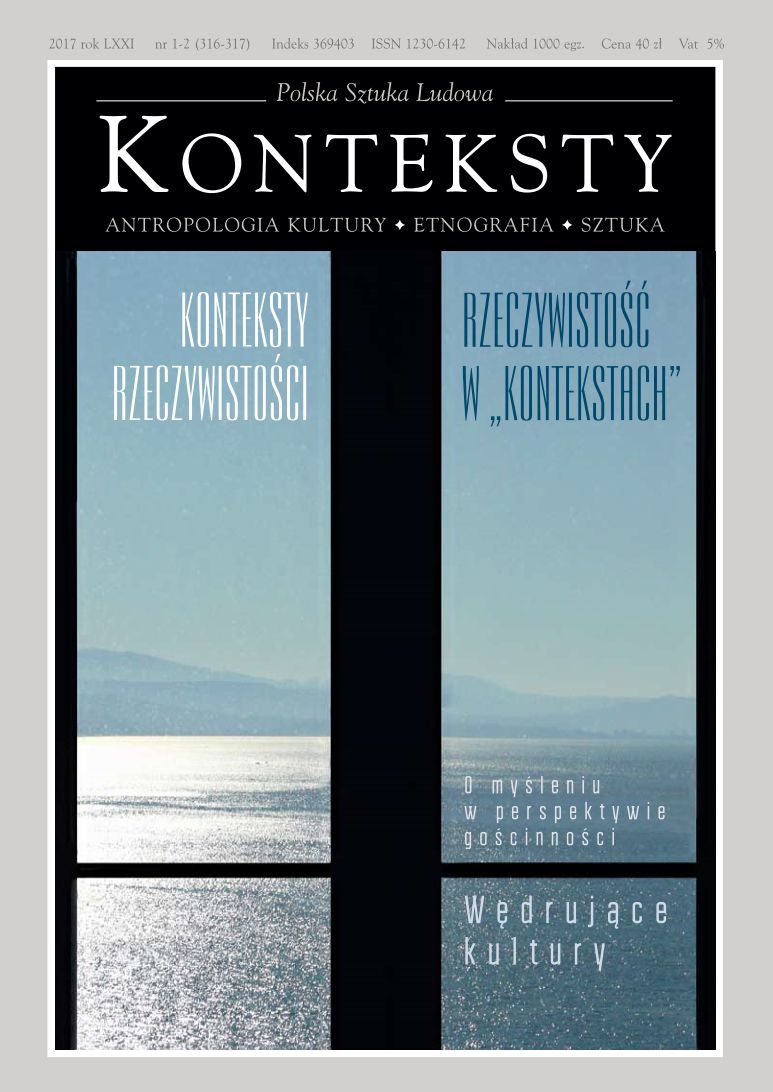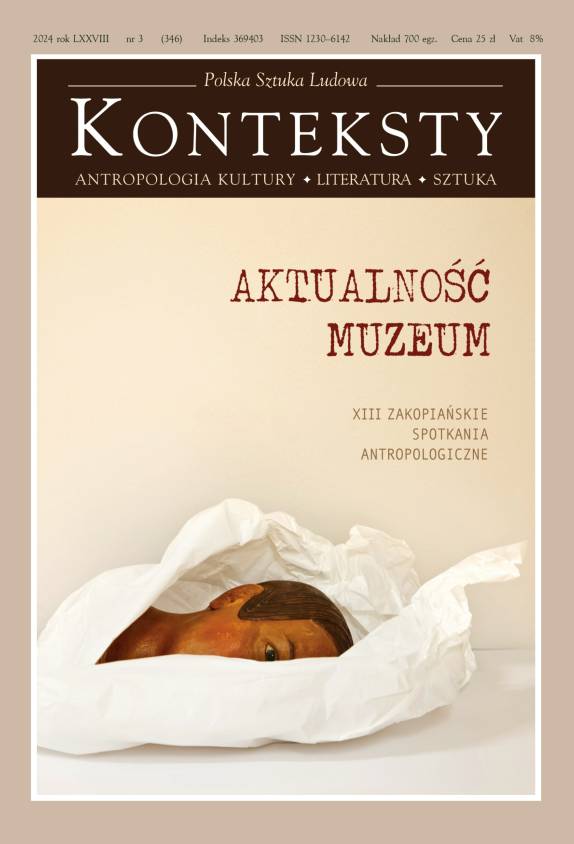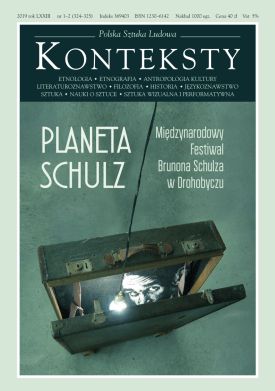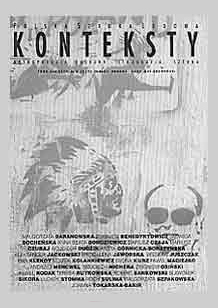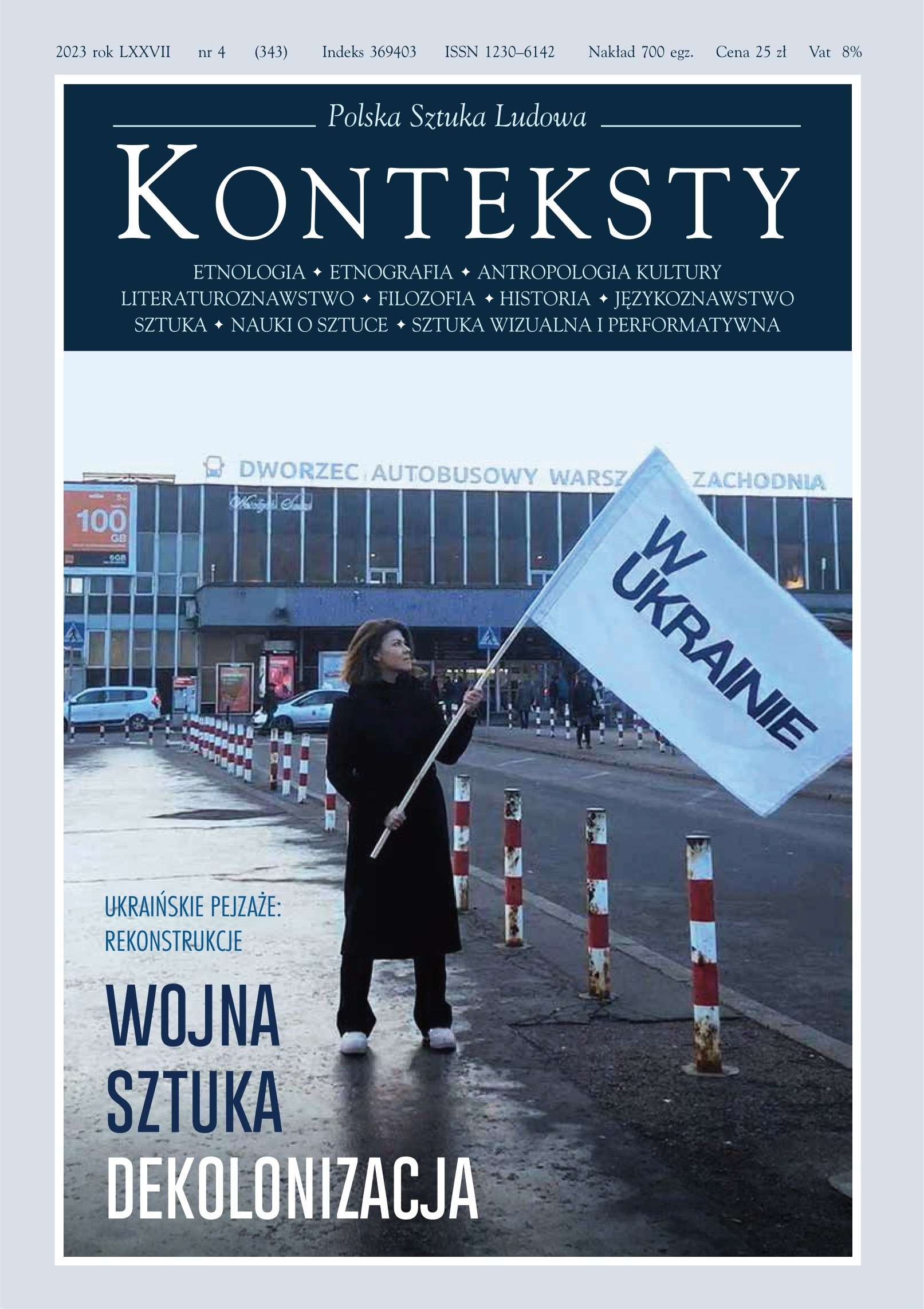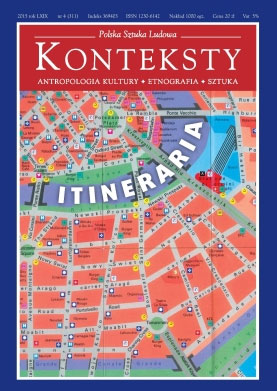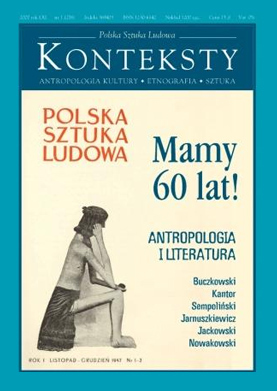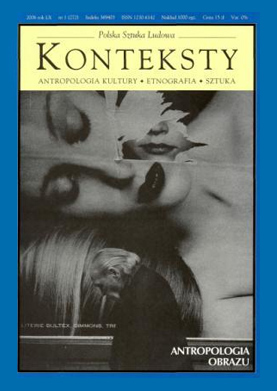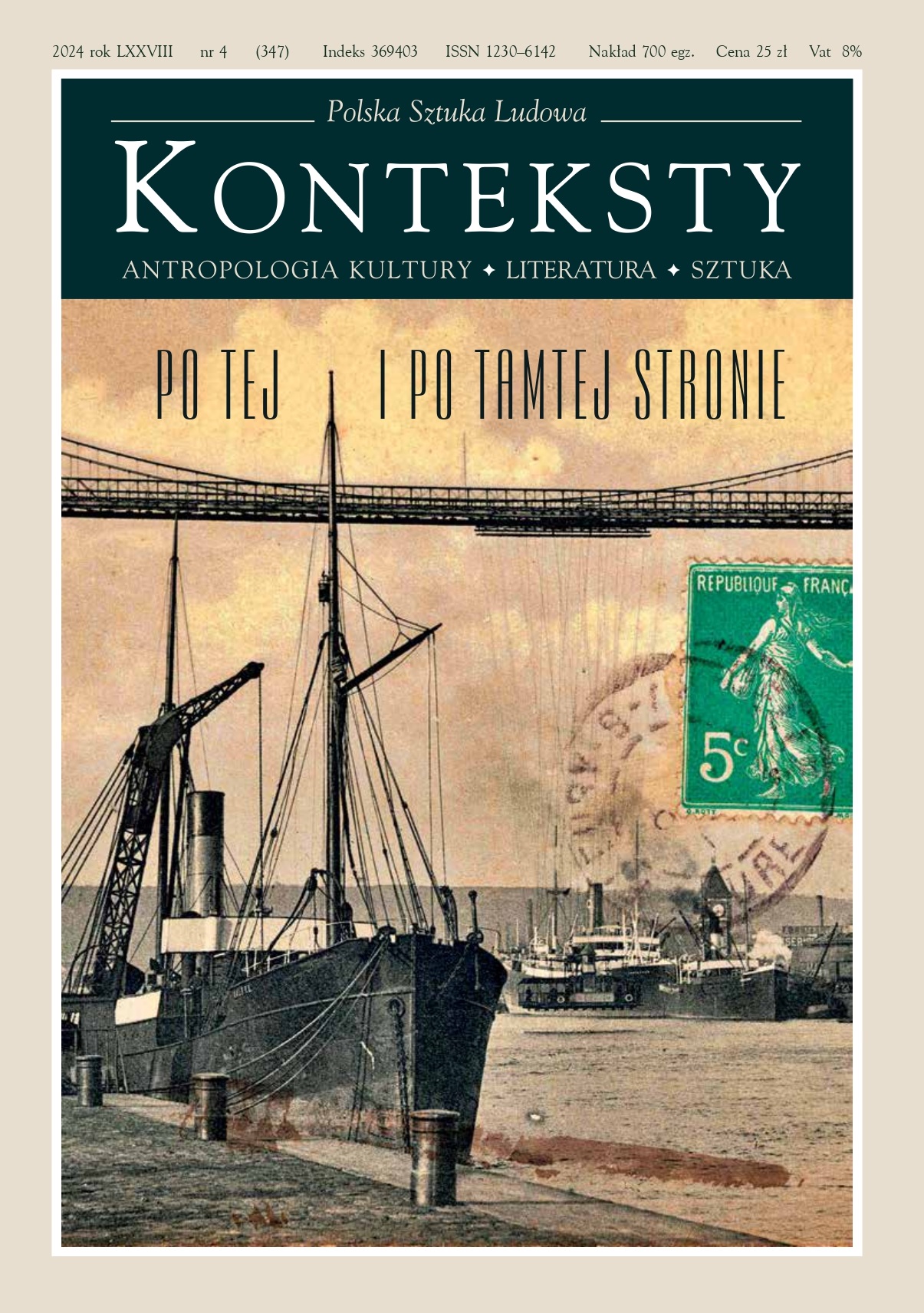Issue 2024/1-2 (344-345) - Zbigniew Herbert / Words are free
| Herbert: Archipelagos | ||
| Edward Hirsch | Ethics of Precision. Zbigniew Herbert and America | 4 |
| Katarzyna Kuczyńska-Koschany | Mr. Cogito. On Several Poems by Zbigniew Herbert  | 6 |
This sketch deals with an interesting and, up to now, rather vaguely commented period in the oeuvre of Zbigniew Herbert (1924–1998) – a time of an emergence of the conception of a lyrical persona, i.e. Mr. Cogito. Some of the poems were composed in several versions – with Mr. Cogito or without his presence; the poet’s thought process lasted for over a decade (from the onset of the 1960s to 1974, i.e. the year of the appearance of the Pan Cogito volume). This fact alters not only Herbert’s poetics but also the image of Polish poetry and, ultimately, transforms the latter’s readers, both male and female. | ||
| Michał Klinger | Cogito and the Problem of Poetry. Bearing Witness to Herbert’s Poetry  | 17 |
The author embarks upon the problem of a criterion of poetic quality upon the basis of his experience – reading Zbigniew Herbert’s Pan Cogito in the mid-1970s. The background consists of selected phenomena of poetry from their archaic melic beginning to new conceptions, diverging from the “musicality” of poetry, such as those of Khlebnikov and Przyboś. We are presented with a little-known phenomenology of poetry based on the parallelism of elements, vivid from the Bible to Byzantine liturgy and Orthodox-Slavonic praxis. Pan Cogito faces the duality of the way in which poetry acts – the beyond-rational (“musical”) path or that of the “message” of the contents (intended for the intellect). M. Klinger indicates poetry by Brodsky and proposes the thesis that Mister Cogito ultimately finds himself on the side of the melic “beginning” of poetry. | ||
| Krzysztof Lipka | Mr. Cogito’s Definition of Music  | 28 |
Apart from scientific definitions there also exist assorted poetic definitions of objects and phenomena which particularly frequently pertain to other arts or art objects while, at the same time, proving to be extremely interesting and even apt. In the opinion of the author an exceptionally successful definition of music was presented by Zbigniew Herbert in one of his poems about Mr. Cogito. The text in question is described and compared with several other poetic and historical definitions as well as successful historical definitions. In the opinion of the author it becomes apparent that the definition proposed by the Polish poet is one of the deftest. | ||
| Dariusz Czaja | Cool Radiation. Herbert and the Dorians  | 33 |
This text is about the Greek adventure experienced by Zbigniew Herbert, or, more precisely, his encounter with the Doric art of ancient Greece. The anthropological commentary encompasses solely the poet’s essays. The author chose as the point of departure U Dorów, an essay dealing with Doric temples in Paestum, and then compared it with two later sketches (Akropol, Duszyczka), whose topic is the art of temple architecture at the Athenian acropolis. Dariusz Czaja proposes a new deciphering of Herbert’s Greek essays. In doing so he draws attention that from the factographic point of view Herbert’s texts about Greek art no longer have much to add. On the other hand, they still remain intriguing material for reflections on the essence of art and its “long duration” in culture. Writing about his fascination with Doric temples in Paestum and on the Acropolis Herbert answers a fundamental and still engrossing question: is it possible to return to the past and – despite all – to hear the voice reaching us from old masterpieces? | ||
| Katarzyna Haber | Herbert in a Guard House  | 43 |
Text from a catalogue for the exhibition: Próg pytania. Rysunki Herberta (The Threshold of Inquiry/ Herbert’s Drawings) in Kordegarda gallery (2024). | ||
| Anna Baranowa | Adventures of the Eye. Zbigniew Herbert as a Draughtsman  | 45 |
Text from a catalogue for the exhibition: Próg pytania. Rysunki Herberta (The Threshold of Inquiry/ Herbert’s Drawings) in Kordegarda gallery (2024). | ||
| Zofia Jabłonowska-Ratajska | Barbarian with a Pencil  | 52 |
Text from a catalogue for the exhibition: Próg pytania. Rysunki Herberta (The Threshold of Inquiry/ Herbert’s Drawings) in Kordegarda gallery (2024). | ||
| Rusłana Mańko | “There will remain the surprised colour of the glance the hand injured by the air”: the Role of Glance and Touch in the Poetry of Zbigniew Herbert  | 54 |
Herbert’s perception of the surrounding world takes place predominantly via sight and touch. Tactical and visual experience creates a palette of colours and sounds. The sensual image of the objects of reality, stored in consciousness, forms the foundations of empirical knowledge. The process of comprehending Herbert demands realising his ways of seeing the world. The poet claimed that reality is actually extremely subjective and cannot be complete and permanent. Touch becomes his favourite metaphor. | ||
| Joanna Sarbiewska | To See a “Stream of Light”: Negation and Ecstasy. On “Studium przedmiotu”, a Poem by Zbigniew Herbert  | 61 |
The text proposes to decipher the titular poem by Zbigniew Herbert from the viewpoint of phenomenological and mystical philosophy. In this approach Studium przedmiotu constitutes a study on phenomenological perception that leads to the borders of philosophy. We are dealing with an attempt at description by means of the via negativa method – an ecstatic “source” perception. Herbert was capable of concentrating elements of thought and apophatic spirituality within the language of the poetic metaphor, as if in a lens. Within the process of a transition of perception from Dasein to Sein there emerges the experience of source emptiness opening the perception of “all sides” of objects linked into a “single stream of light”. In this manner the techne of perception discloses the truth of being (aletheia), in which the mute “speech of a chair”, like a bridge, possesses the power of expressing the Heideggerian das Geviert: the unity of Earth, sky, mortals and divinities. | ||
| Agnieszka Giszterowicz | Accountancy / Bookkeeping / Money Laundering / Hakeldama  | 65 |
The author – a theoretician of accountancy – undertakes a discussion whose intention is: (1) the expansion of reflections formulated by J.M. Ruszar, (2) an analysis of Hakeldama by Zbigniew Herbert within the context of the presented science discipline, and (3) the explication and enhancement of the theory of accountancy by introducing novel means of expression (and possibly aiding representatives of new disciplines in the interpretation of certain literary works). | ||
| Jewhen Nachlik | Threads of Life and Memory. Herbert’s Imploring and Farewell „Tkanina”  | 71 |
The author examines Zbigniew Herbert’s lyrical masterpiece Tkanina (1998), written almost three months prior to the poet’s death. In this last poem Herbert expressed his perception of the world and himself as well as sparse self-reflections. From the viewpoint of genre and style the researcher describes the poem, consisting of two stanzas, as imploring (first stanza) and farewell (second stanza). The author of the article also included several remarks on the poem’s translation by Wiktor Dmytruk (1945 – February 10, 2024), known for the best translations of Herbert’ poetry into Ukrainian. In doing so, J. Nachlik demonstrates that in the case of Tkanina the translator tackled the problem of recreating the semantic contents of the text and the necessity of preserving rhymes in accordance with the ABBA CDDC scheme applied in the original version. While seeking the best solution the author of the translation balanced between a suitable rendition of the meaning of words and tropes, on the one hand, and a search for successful rhymes, on the other; since discovering words matching the original proved to be not entirely possible he adapted semantics to the rhyme, thus limiting himself to words of similar meanings. Such an approach denotes that semantic nuances in rhyming words are sometimes lost in translation. | ||
| Paweł Próchniak | The Proletarians of Mythology. On the Margin of „Król mrówek”  | 75 |
The myth is a way of penetrating existence, a tool, and a form of cognition. It is also a form of intuition which responds to the feeling that human reality – also in its every-day, most prevalent dimension – is immersed in an order that may be called “the realness of the gods” (not necessarily comprehended in a paradigm of religious imagination). In a thus outlined perspective the author places, first and foremost, Król mrówek by Zbigniew Herbert, demonstrating selected motifs of this “private mythology” of the puppet and accentuating in particular the existential and metaphysical contour. At the same time he proposes a thesis claiming that in prose constituting this volume one hears tenderness towards that which in man is tainted with unhappiness, “impaired and vulnerable”, marked with a flaw; at the same time, in that very same prose the feeling that man remains a “toy of the gods” and that human existence is governed by “bitter humour growing into fate”, asserts itself. | ||
| The Zbigniew Herbert International Literary Award | ||
| Jarosław Mikołajewski | Laudation in Honour of William Stanley Merwin, First Laureate of The Zbigniew Herbert International Literary Award | 79 |
| William Stanley Merwin | Precisely This Poem | 82 |
| Lidija Dimkovska | Laudation in Honour of Charles Simic | 85 |
| Charles Simic | Prisoner of History | 87 |
| Jarosław Mikołajewski | Laudation in Honour of Ryszard Krynicki | 91 |
| Ryszard Krynicki | I Recall Another Happy Day | 93 |
| Jarosław Mikołajewski | Laudation in Honour of Breyten Breytenbach | 99 |
| Breyten Breytenbach | Dancing with Words to Trace the Rhythm of Sense | 101 |
| Tomasz Różycki | Laudation in Honour of Nuala Ní Dhomhnaill | 104 |
| Nuala Ní Dhomhnaill | Warsaw Speech | 106 |
| Tomasz Różycki | Laudation in Honour of Agi Mishol | 110 |
| Agi Mishol | Poetry Reminds Us of Ourselves | 112 |
| Tomasz Różycki | Laudation in Honour of Durs Grünbein | 115 |
| Durs Grünbein | Letter to Zbigniew Herbert | 117 |
| Tomasz Różycki | Laudation in Honour of Yusef Komunyakaa | 121 |
| Yusef Komunyakaa | Lord of Misrule and Quasi Persona | 123 |
| Tomasz Różycki | Laudation in Honour of Marianna Kiyanovska | 128 |
| Marianna Kijanowska | Bombed Athens | 129 |
| Edward Hirsch | Laudation in Honour of Tomas Venclova | 131 |
| Tomas Venclova | We Had Similar Experiences… | 133 |
| Herbert–Miłosz | ||
| Piotr Kłoczowski | Note | 138 |
| Henryk Citko | Mister Herbert’s Several Voyages to Italy  | 139 |
Fragments of Kalendarium życia i twórczości Zbigniewa Herberta 1924–1998, available as of this year, include descriptions of three expeditions of the author of Pan Cogito to Italy as well as his drawings. | ||
| Paweł Bem | Colleagues of Zbigniew Herbert. A Contribution to a Reconstruction of the Group  | 159 |
The presented text deals with links between Herbert’s oeuvre and the life and accomplishments of the Greek archaeologist Spyridon Marinatos. Upon the basis of the poet’s heretofore unknown correspondence as well as his literary and graphic heritage the author of the article follows Herbert’s inspirations associated with the Greek scholar in an attempt to establish their origin and the source of fascination that enabled the poet to call Marinatos ”a brilliant colleague”. The article is accompanied by complementary illustrations – Herbert’s drawings from his Greek voyage in 1975. The author also cites the poet’s letter, connected with Marinatos, up to now unpublished as a whole, and addressed to Zygmunt Hertz. | ||
| Dorota Fortuna | The Zbigniew Herbert Library  | 164 |
Libraries of men of letters comprise one of the fields of research interests pursued by the Institute for Documentation and Studies of Polish Literature. The first project initiated within this domain was the documentation of the private library of Zbigniew Herbert composed of more than 7000 books and periodicals. Owing to the fact that the collection is stored in a private flat occupied by the poet’s wife, Katarzyna Herbertowa, work was conducted in several stages. All publications were recorded, and their bibliographical descriptions were supplemented by means of data concerning the features of particular items: ex libris marks of ownership, dedications, traces of reading, and accompanying archival material: letters, notes, clippings, and train tickets. In 2024 the Institute will publish an inventory of the book collection. Due to the work performed by the Institute the Zbigniew Herbert library will become perpetuated in the order left behind by the poet, and the topographic arrangement accepted in the inventory will facilitate finding the sought-after book on its shelf and reveal connections between the collection and its owner. | ||
| Czesław Miłosz | About Herbert | 166 |
| Michał Szymański | Traces of Herbert in the Miłosz Archive  | 177 |
A selection of up to now unpublished texts (poems, prose, fragments of a diary, an interview) discovered in the Czesław Miłosz archive at the National Library, casting a new light on relations between Czesław Miłosz and Zbigniew Herbert – one of the most fascinating and multidimensional controversies in twentieth-century Polish culture. The texts are accompanied by footnotes, editorial notes, and a brief introduction. | ||
| Adam Michnik, Andrzej Franaszek | “As if Hamlet or Hector Came to Us…”. On Zbigniew Herbert, Poetry, Poland, and Treason – A Conversation  | 186 |
This conversation with Adam Michnik (for many years a friend of Zbigniew Herbert, later accused by the poet of betraying the opposition tradition due to a reprehensible compromise with the milieus of former communist authorities) deals predominantly with the ideological and political profile of the author of Przesłanie Pana Cogito. Michnik reconstructs Herbert’s stand from the 1960s to the 1990s, including the increasingly discernible divergence between the writer’s moral postulates and complicated Polish daily life, in particular after 1989. While doing so, he accentuates the concept of “treason” – one of the foundations of Herbert’s manner of thinking. The conversation was conducted by Andrzej Franaszek, the poet’s biographer. | ||
| Herbert: Constellations | ||
| Andrzej Franaszek | “In a Battle Against the World You Aid the World”  | 191 |
A presentation of the years-long relationship binding Zbigniew Herbert and Józef Czapski and, predominantly, all elements associated with paintings (by Czapski) and drawings (created by both authors). Author analyses, on the one hand, the sort of Herbert’s image that can be deciphered from a portrait painted by Czapski in 1958, as well as from sketches and caricatures depicting the poet. On the other hand, he takes a closer look at Herbert’s visual arts works, which the poet initially treated as almost equal to poetry and prose, and subsequently turned into an essential element of his workshop as an essayist. Finally, the author reconstructs the history of several paintings which Czapski presented to Herbert, some of which, once sold, upon many occasions almost literally saved the poet’s life. | ||
| Andrzej Franaszek | “Our Paper Child”  | 203 |
A presentation of a collection of correspondence exchanged by Zbigniew Herbert and Karl Dedecius, his German translator and, simultaneously, friend. The author draws attention to the place held by Herbert’s writings in the Federal Republic of Germany, where from the late 1960s he not only enjoyed successes but was outright treated almost as a German author – an exceptional experience for a poet. Awards received by Herbert during those years were connected with the German language and were granted by institutions from Germany and Austria; the reception of his works within this cultural range also paved a path towards becoming a candidate for the Nobel Prize in Literature. The key role in all those processes was played by Dedecius, both as translator and the poet’s agent, who expertly looked after Herbert’s career. From this perspective the fact that in 1984 Herbert broke off relations with his friend appears to be particularly painful – the poet, battling depression, made a number of accusations against Dedecius. Thus the collection of letters discussed in the article is a source of information about European literary life during the second half of the twentieth century as well as fragments of the psychological portrait of Zbigniew Herbert. | ||
| Beata Bolesławska-Lewandowska | Zygmunt Mycielski i Zbigniew Herbert. Correspondence  | 212 |
This is an edition of correspondence between Zygmunt Mycielski and Zbigniew Herbert, covering the years 1972–1984, and preceded by an introduction. The content of the letters centres around the composer’s plans for a song cycle to the poet’s words. Ultimately, two Mycielski’s works are inspired by Herbert’s poems – Six Songs for the orchestra (1978) and Eight Songs for baritone and piano to words by Zbigniew Herbert (1984). These works, like the letters published here in full length, remain a valuable testimony to the relationship between poet and composer, drawing an important trace of mutual artistic inspiration. | ||
| Ołesia Nachlik | Seeking the “Poetics of Value” and the Ethos of the “Upright Stance”: the Reception of the Works of Zbigniew Herbert in Independent Ukraine  | 220 |
This dissertation analysed the Ukrainian reception of the works of Zbigniew Herbert in the course of the past thirty years. Owing to a total absence of similar research both in Polish and Ukrainian literary studies fundamental attention has been focused on the establishment of a diachronic cross-section of each fact of the poetical, prose and dramaturgy presence of the author’s accomplishments in the form of translations appearing in periodicals and anthologises, as well as separate editions; analyses of syntheses, scientific studies, prefaces, forewords, reviews, and journalistic articles whose authors, by rendering their reflections, opinions and conclusions public create an image of deciphering and interpreting Herbert’s works within Ukrainian cultural space, demonstrating not solely fundamental stages of shaping the Ukrainian reception of works by this author but, on a much wider scale, as one of the important elements of the Polish-Ukrainian cultural dialogue after both countries regained their state independence at the end of the last century. | ||
| Herbert in Voices | ||
| Alfred Marek Wierzbicki | Mister Cogito and Mister Credo Together Go Across the World  | 233 |
The article deals with the adventures of a reader and a poet involving Pan Cogito, a volume of poems by Zbigniew Herbert, and recalls reading the first two poems: Pan Cogito rozważa różnicę między głosem ludzkim a głosem przyrody and Sekwoja. An attempt at tackling the entirety of being and history provides a key to understanding the metaphysical and ethical motifs of Herbert’s poetic oeuvre. A dialogue with the poetic persona of Pan Cogito gives rise to the poetic persona of Pan Credo, present in poems by Alfred Marek Wierzbicki. The latter do not contain a polemic; this is rather an encounter and a mutual accompaniment of two spiritual experiences. | ||
| Józef Olejniczak | My Herbert  | 235 |
An intimate essay about the Poet. | ||
| Jerzy S. Wasilewski | On Post-Herbert Travelling. Recollections and Associations  | 240 |
Three collections of essays by Zbigniew Herbert are more than guidebooks dealing with the masterpieces of European culture – they deepen our sensitivity and sharpen our taste. Analyses of Dutch painting in particular, with its “apparent realism”, provide material for reflections (and several supplements) concerning Low Countries culture of the Golden Age and several of its original characters. | ||
| Ryszard Ciarka | The Lamp of Aurelius  | 247 |
Reflections on Zbigniew Herbert’s poem Do Marka Aurelego and its impassible topicality, particularly within the context of contemporary Europe. | ||
| Tomasz Jastrun | Zbigniew Herbert | 250 |
| Jerzy Illg | The Mister Cogito Monster | 252 |
| Tomasz Dominik | Summer in Spoleto | 262 |
| Jacek Dobrowolski | Four Meetings with Zbigniew Herbert | 263 |
| Jan Zieliński | Stamps, Castles, Manors, Dungeons. A Philatelic Herbert Glossary | 265 |
| Krzysztof M. Bednarski | Written in the Sand | 270 |
| Adam Michnik | A Farewell to Herbert | 272 |
| Madonnas | ||
| Ewa Nowina-Sroczyńska | Carousel with Madonnas  | 274 |
The article presents the work of young Polish artists who transpose and encroach the interior of Christian iconography, especially Marian iconography. | ||
| Sebastian Latocha | Madonna. The Dolores of Pop Culture  | 284 |
The subject of the text are two subversive photographic series with the Madonna in the main role: in the first one, the artist suffers in the manner of Mater Dolorosa, and in the second one, she organizes the Last Supper. The author examines subversive photos of Madonna as an example of a discourse of the weak, using Foucault’s concept of counter-history as a tool of analysis and interpretation. What story does Madonna tell us as she comes out of the shadows? Why does a pop culture icon interfere with the great themes of Christian art and iconographic types that consolidate and organize our knowledge about what happened between Holy Thursday and the Descent from the Cross and the entombment of Christ? | ||
| Sebastian Latocha, Ewa Nowina-Sroczyńska | Our Afterword | 291 |
| Dormitorium of Traces | ||
| Zbigniew Benedyktowicz, Małgorzata Sady | Conversation about Quay Brothers’ „Dormitorium of Traces” and „Deciphering a Pharmacy Recipe for Lip-reading Dolls”  | 292 |
In February 2019 Centrum Spotkania Kultur (Centre for the Meeting of Cultures) in Lublin opened The Quay Brothers’ Dormitorium of Traces exhibition composed of dioramas, films, installations, objects, and drawings by those outstanding authors of puppet and object animation. The exhibition accompanied a festival of set and costume design: Stage under construction, with Leszek Mądzik as artistic director. The conversation conducted by Zbigniew Benedyktowicz with Małgorzata Sady, the exhibition curator, concerned archaeology and assorted references made by The Quay Brothers’ Dormitorium of Traces. | ||
| Adam Trwoga | A Subtly Magnifying Lens of Imagination. On The Quay Brothers’ „Dormitorium of Traces” Exhibition | 300 |
| Passages | ||
| Marcin Trzęsiok | Fissures of Time | 306 |
| Tomasz Gruszczyk | From Text to Life – Czapski and His Proust  | 310 |
From text to life – this is the direction that delineates a trajectory conducted by Józef Czapski reading À la recherche du temps perdu by Marcel Proust. Turning to diary notes (Wyrwane strony and Dziennik wojenny) and sketches the author of the article discusses the manner in which Czapski rendered Proust an instrument of recognition: finding a bearing in one’s creative work (successes, failures, crises), in life and experiences: emotions, affects, sensations, and passions. The sketch Proust w Griazowcu, situated in this perspective – a record of lectures on À la recherche du temps perdu and conducted by Czapski in a Soviet prisoner-of-war camp at the turn of 1940–1941 – is presented not solely as yet another evidence of “intoxication by Proust” but predominantly as a performative text. In it Czapski creates himself as a causative subject. | ||
| Walentyna Krupowies | In the Embrace of “Merciful Melancholy”. Cases of Authors from the “Eastern Borderlands”  | 317 |
The article deals with an insufficiently recognised aspect of Eastern Borderland melancholy. Selected texts by three authors – Czesław Miłosz, Tadeusz Konwicki, Zbigniew Żakiewicz – demonstrate that Eastern Borderland melancholy possesses a bright side and is a phenomenon much more complex than merely a longing for the lost land of our childhood or a collective manner of experiencing trauma. The titular melancholy discloses also features of its modern counterpart, which appears as the subject’s reaction to a rapidly changing world. Eastern Borderlands belonged to a universe of the pre-modern world, while the melancholy “I” of Borderland literature interiorised its loss and thus ensured refuge for the most valuable objects of an obliterated world. It was in post-war Borderland literature that multilingualism came into being, the Other returned, and a non-normative Polish language reversing Polish identity made itself known. | ||
| Daniel Zarewicz | Karol Szymanowski’s „King Roger”. Sicily and the Omnipotence of Eros  | 324 |
A personal essay inspired by Karol Szymanowski’s Król Roger and the author’s Greek-Sicilian religious fascinations. | ||
| Marek Zagańczyk | Italian Diary | 328 |
| Perspectives | ||
| Sławomir Rogowski | Seven Phenomena of Student Culture in the People’s Republic of Poland  | 330 |
An attempt at demonstrating the accomplishments of the student cultural and artistic movement in 1956–1989. The purpose of the text is to bring the titular phenomenon closer via a presentation of seven problem sub-chapters and within them – the prime determinants, authors, and values that comprised this output. The article’s summary discusses the development, prosperity, and end of the period of the thus comprehended phenomenon occupying a significant place within the student and academic milieu. | ||
| Jan Zieliński | Under the Eyelid III | 364 |
| Anna Sobolewska | Zakopane of the Highly Strung | 380 |



